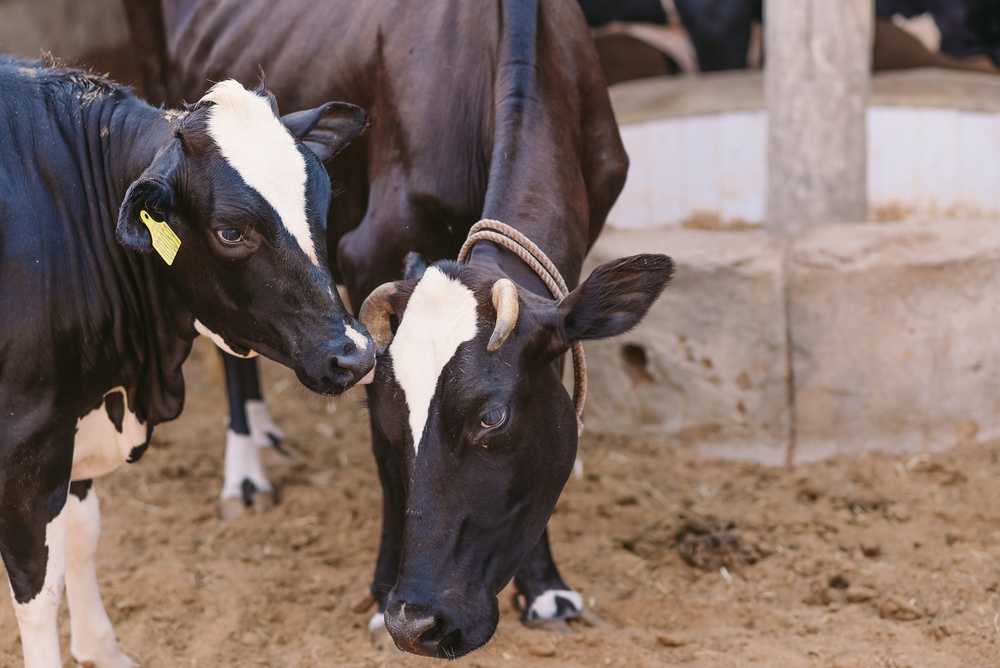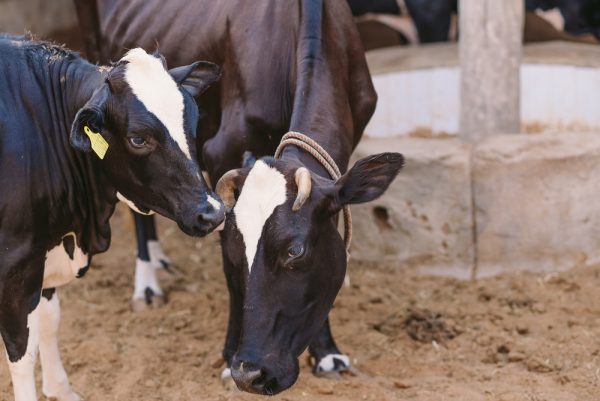Dotting the vast savannah of Nigeria’s northern region are hundreds of settlements established by cattle rearing people. These permanent and semi-permanent encampments are an interesting addition to the dusty landscape that spans kilometres between towns and cities; sometimes, they are perched on the edges of the towns, and may even punctuate conurbations in these parts. They are the abodes of the settled Fulani, whose lives are intertwined with bovine concerns, including dairy production.
The small-time milk merchants, for all their involvement in the cattle business, are barely nibbling at the country’s billion-dollar dairy market. This space is almost entirely dominated by foreign companies, whose products line the shelves of supermarkets and sit on the desks of local traders in cities across Nigeria.
The country’s annual milk requirement presently hovers around the 1.5 billion litre mark- a staggering quantity -and it’s barely being met. Local producers, consisting largely of Fulani women who milk poorly fed cows, are unable to do more than play on the fringes of what is a rapidly expanding area of opportunity. Companies with roots in Europe such as Promasidor and FrieslandCampina have had a stranglehold on things for decades, but even they have not been able to fully attend to Nigerians’ thirst for milk. Vast swathes of the market wait to be conquered, and there’s money to be made by local producers if they have what it takes to capture them.
Anyone who’s looking to get into milk production has to surmount a number of obstacles. There’s need for electricity to power refrigerators in which milk is kept and preserved, but the national grid is unreliable, and money-guzzling diesel-powered generators are usually the only available alternative. There’s also the high cost of transportation, high PMS prices and atrocious roads. Mukul Mathur, head of the Nigerian arm of Singaporean Agrobusiness Olam, says that moving a container of milk from Kano (the main collection point for northern Nigeria’s dairy industry) to Lagos, costs as much as moving it from Lagos to Osaka in Japan, despite the fact that the distance to Japan is 13 times greater.
These costs drive up prices, making locally produced milk rather expensive. Nigerians have reacted by flocking to the cheaper foreign products: the country imports milk worth over $1.3 billion annually. Some experts also say that Nigeria’s cows don’t produce as much as those in other countries, and are therefore naturally disadvantaged. These factors have probably caused many local investors to steer clear of the dairy industry.
The Federal Government seems intent on making the environment more conducive for Nigerians to participate in milk production. In 2016 it signed a MoU with Danish dairy giant Arla Foods which will see the company support efforts to raise production capacity within Nigeria. The government is also partnering with FrieslandCampina WAMCO on a dairy development program which has the target of jacking up local milk production to 10 percent of processed milk volume available in the country. With foreign Agro businesses increasingly considering the option of sourcing milk locally, the outlook for domestic milk producers is beginning to brighten up.
There is still some way to go before Nigeria’s dairy industry attains its full potential. The power supply has to be improved, and road networks need to be repaired, maintained and expanded. Local cattle might do better if they’re crossbred with more productive varieties from elsewhere on the African continent. It’s going to be a long, hard journey, but its benefits make it worth embarking upon.


